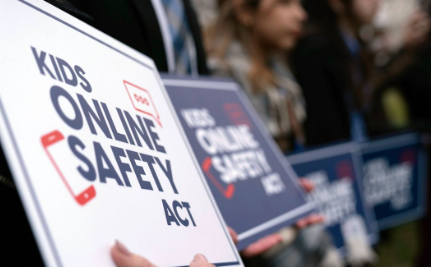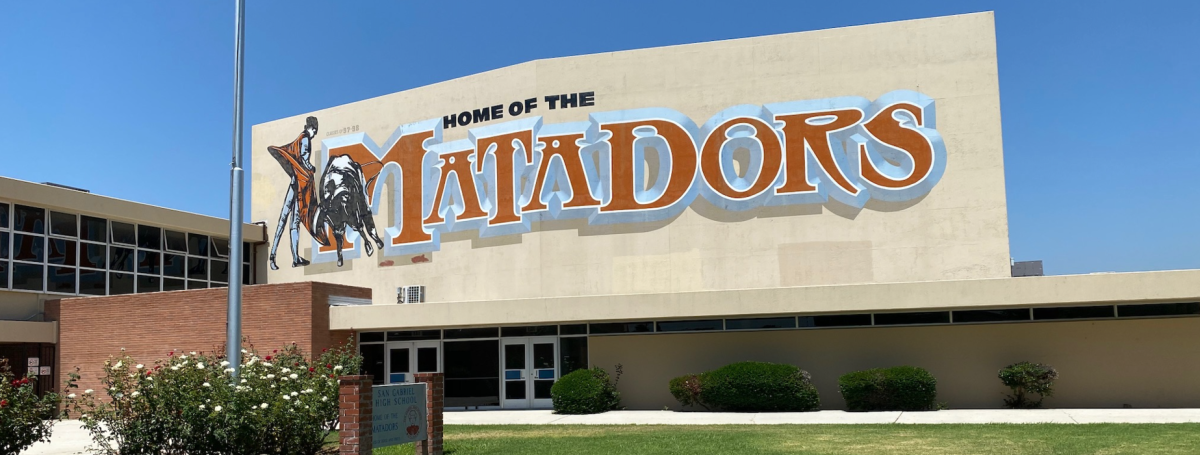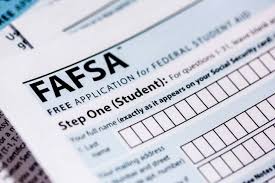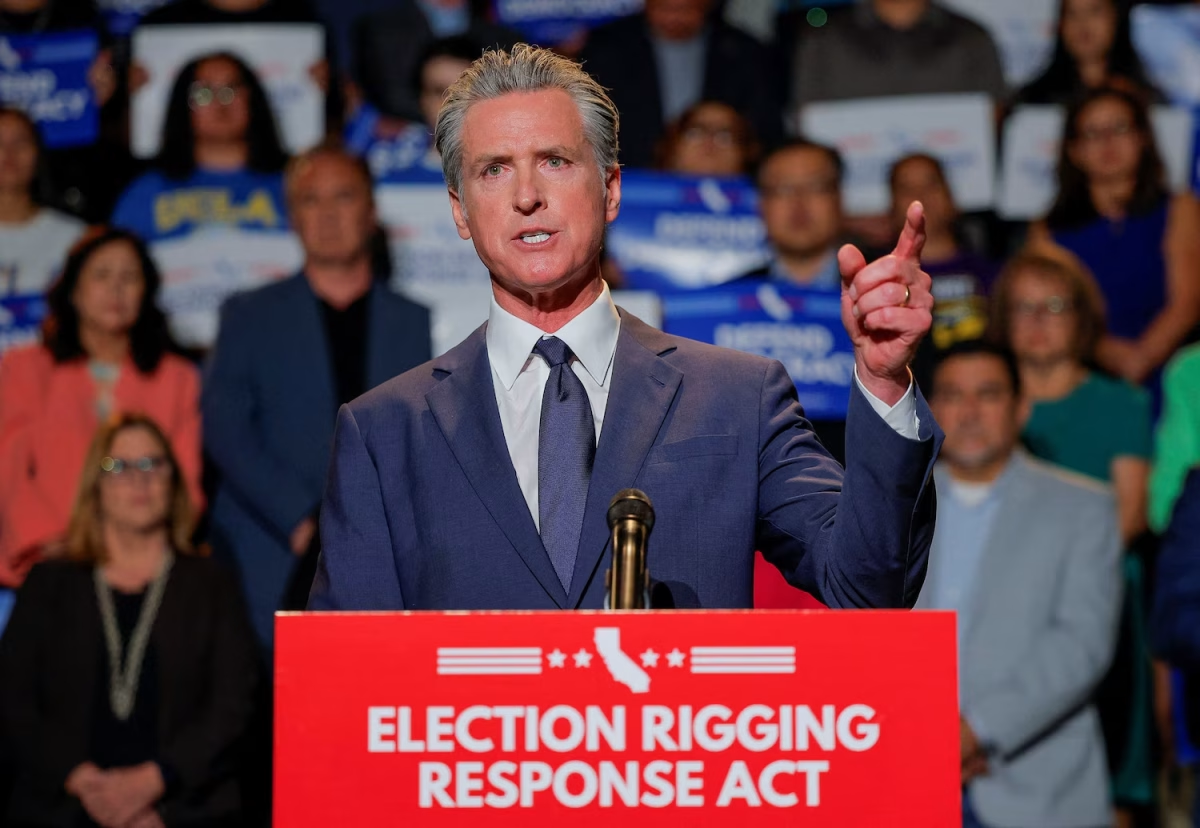The Free Application for Federal Student Aid (FAFSA) has long been a pivotal part of college financing in the United States, enabling millions of students to pursue higher education. However, recent developments have raised questions about the future of FAFSA and its ability to provide essential financial support.
As the Biden administration emphasizes the importance of higher education access, the current funding freeze presents a significant hurdle. According to a statement from the Department of Education, “While we remain committed to improving student aid, it is critical to ensure that our resources are allocated efficiently.” This funding freeze, affecting various federal aid programs, has sparked concern among students and educators alike about the potential implications for future applicants.
Critics of the freeze argue that it disproportionately impacts low-income students who rely heavily on federal aid. “FAFSA is a lifeline for many students; cutting funds means cutting opportunities,” states Sarah Johnson, a financial aid advisor at a community college. Students fear that reduced funding could lead to lower grant amounts or even eligibility for aid, further exacerbating the already existing disparities in college access.
However, proponents of the funding freeze argue that it could lead to a more efficient allocation of resources. “We need to reassess how federal funds are distributed to ensure they reach those who need them most,” asserts Mark Thompson, an education policy analyst. Supporters believe that this approach could streamline the FAFSA process, making it more effective in the long run.
Despite these arguments, many remain unconvinced about the freeze’s potential benefits. The National Association of Student Financial Aid Administrators (NASFAA) has voiced strong opposition, emphasizing that any cuts to funding could reverse progress made over the years. “It’s essential that we continue to invest in student aid programs to support the next generation of leaders,” states NASFAA President Justin Draeger.
As the situation unfolds, the future of FAFSA remains uncertain. Will the funding freeze persist, or will advocates rally for a restoration of support? The ongoing debates reflect a broader concern about the accessibility of higher education. In a country where education is often touted as a pathway to success, the stability of FAFSA—and the federal aid it provides—will be crucial in determining whether this pathway remains open for all. The coming months will be critical in shaping the future of federal student aid, as stakeholders advocate for policies that prioritize student access and equity.

























